Dundee University’s cutting-edge forensics research centre is under threat. But what exactly does this “jewel in the crown” do?
Just a day before staff at the facility were told they could lose their jobs, the university hailed the Leverhulme Research Centre for Forensic Science (LRCFS) as “heroes”.
It was in recognition of their work with international police forces and forensic science services using virtual reality to train crime scene examiners.
Other projects include finding new ways to detect illicit drugs, explosives and bodily fluids at crime scenes
Insiders say that the centre is costly because of the expensive practical investigation work it carries out.
But others indicate that the university has not made the most of the opportunity the centre and others like it present.
“In terms of making short-term savings it makes sense but LRCFS is truly doing world-leading work that’s disrupting the world of forensics.
“It seems short-sighted when it has the potential to really pay off,” one source said.
Real life CSI: Crime Scene Investigation
Founded in 2016 to great fanfare – including a visit by Queen Elizabeth II – the Leverhulme Research Centre for Forensic Science (LRCFS) has a mandate to “positively disrupt” forensic science.
Funded by the Leverhulme Trust, it brings together experts under director Professor Niamh Nic Daeid.
A forensic chemist and expert in fire investigation, clandestine drug chemistry and explosives; Prof Nic Daeid’s impressive CV includes giving evidence to the Grenfell Tower Inquiry and working with Interpol and the International Criminal Court.
Her team works to examine new ways of using science to detect crime and prosecute those responsible.
A real life episode of CSI: Crime Scene Investigation.
As well as the original grant, LRCFS has attracted further funding including £15 million as part of the Tay Cities Deal in 2019.
The forensics team also carries out work with bodies like the Scottish Prison Service. It is not known if this relationship is fee-paying.
It was also key to a pilot drugs checking service that was planned for the city in a bid to reduce harm through the testing of illicit drugs.
Do redundancies affect all of the university’s forensic science work?
The University of Dundee has a large number of academics and researchers working on forensic-science related fields and the LRCFS is a small part of that employing around 24 people.
Other areas of the university, including the Centre for Anatomy and Human Identification, are funded separately to the grant behind LRCFS.
But the university has confirmed job losses, as part of its efforts to cut a £30 million deficit, so we don’t yet know if they’ll be affected.
Why now?
The original grant from the Leverhulme Trust was awarded on a 10-year basis so was due to come to end, but insiders told The Courier they expected the work to continue in some form.
Principal Shane O’Neill also told The Courier previously that the £30 million deficit facing the university meant it would need to look closely at the under-funded research it carries out.
But there is questions about the process of making some of the staff redundant.
While many of those impacted have terms and conditions tied to the grant funding others are said to employed by the university.
‘Two tier process’
North East MSP Michael Marra has questioned the apparent “two-tier process”.
He said: “Some of the staff are not paid for from grant funding. They have central university funding and are afforded the full protections of their terms and conditions.
“These decisions must be treated at the same time as the forthcoming scheme that deals with the crisis that the leadership of the university have caused, and which must gain the broader support of the university community.”
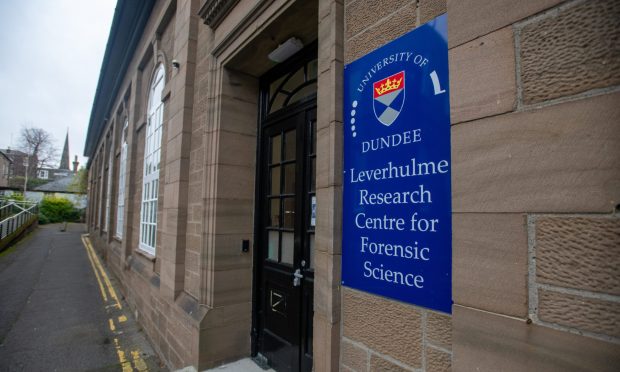
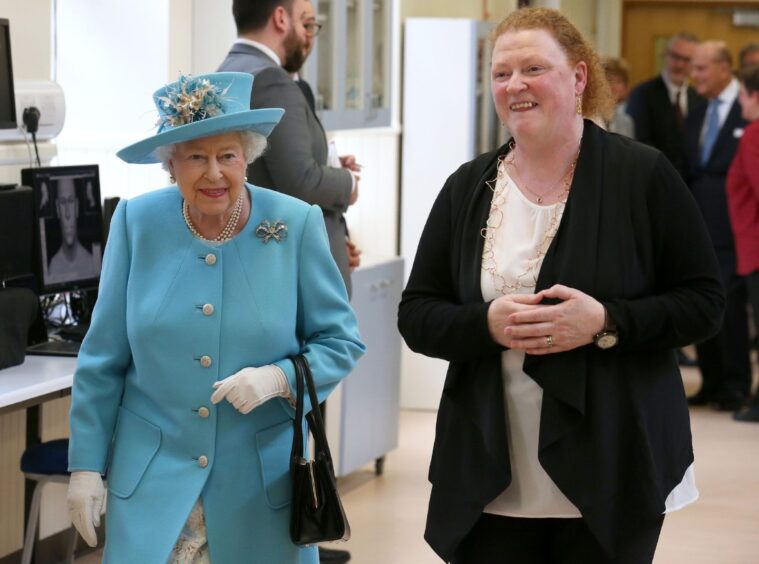
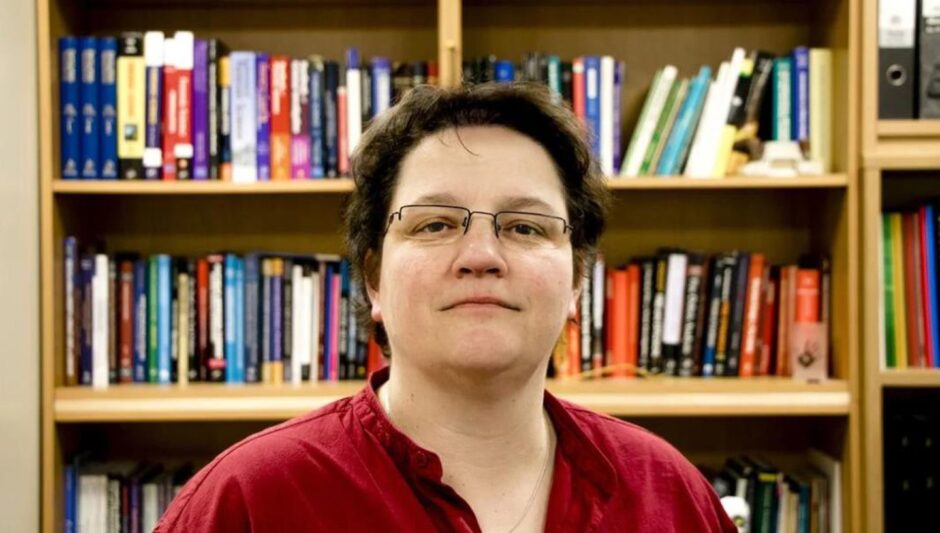

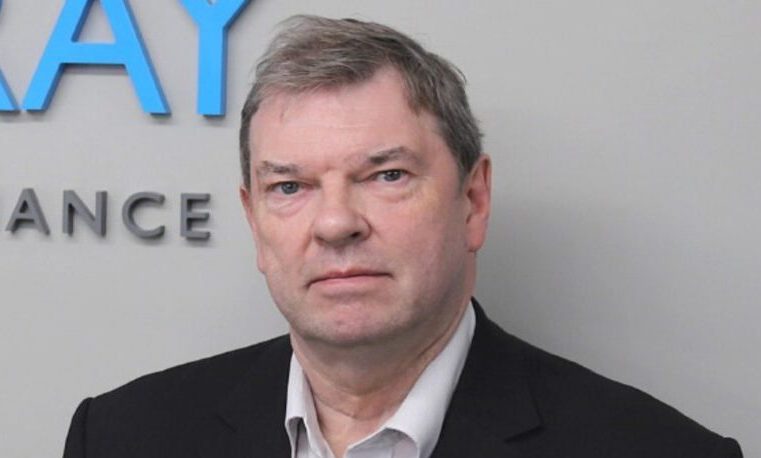

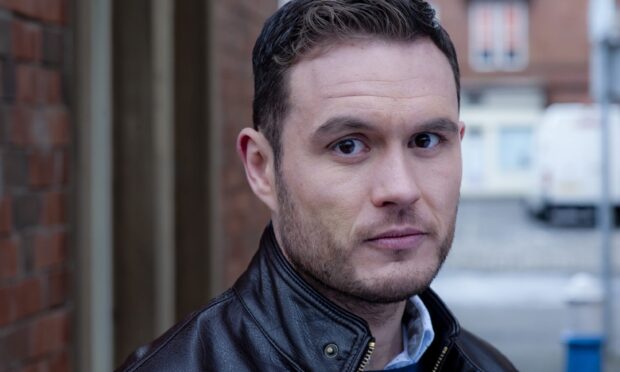
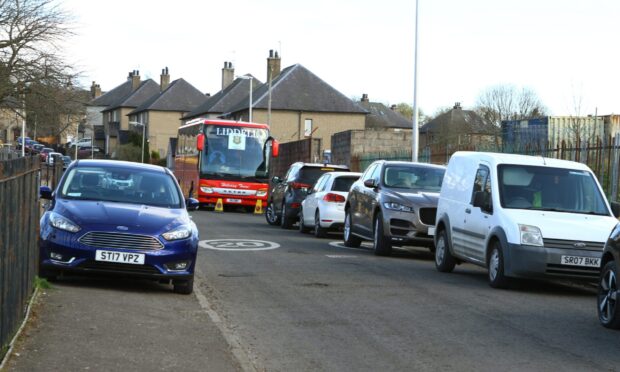
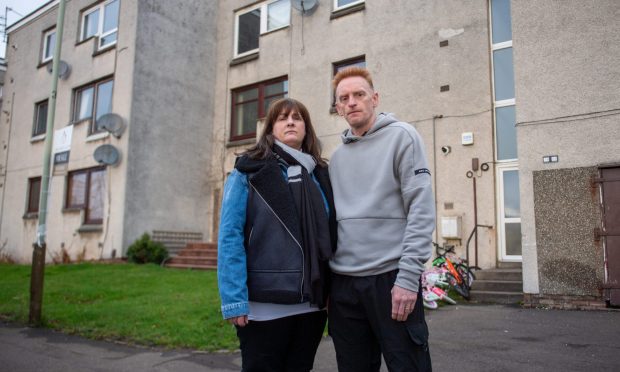

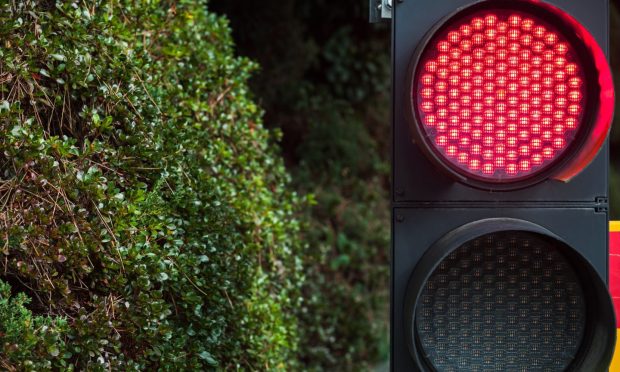
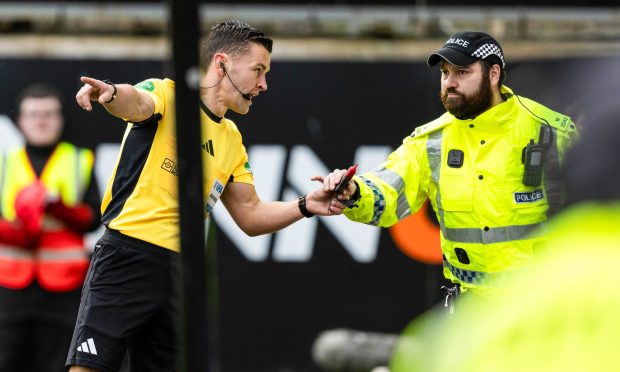
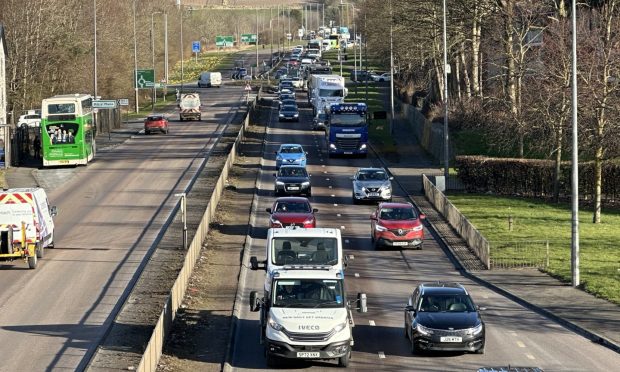
Conversation